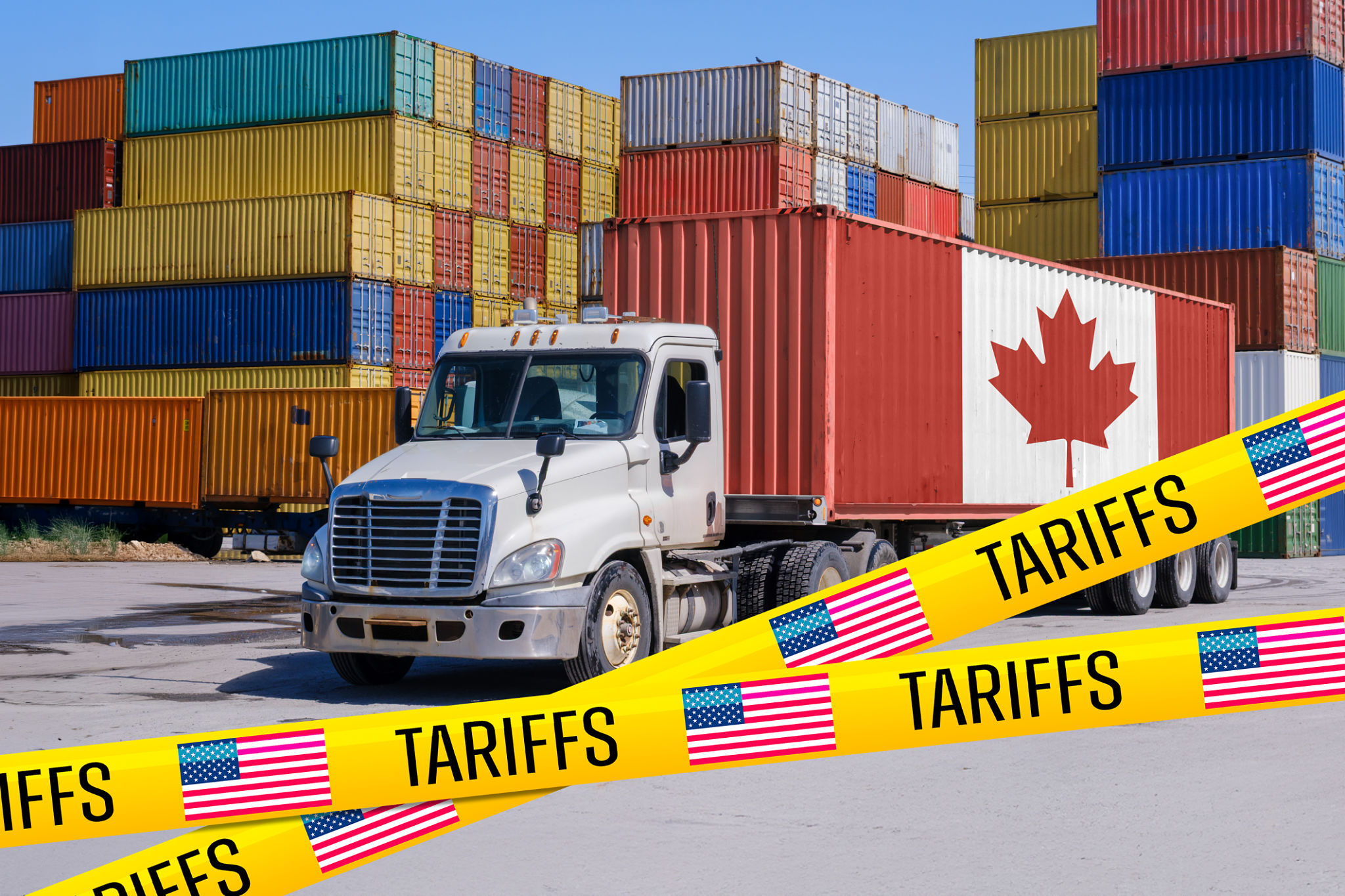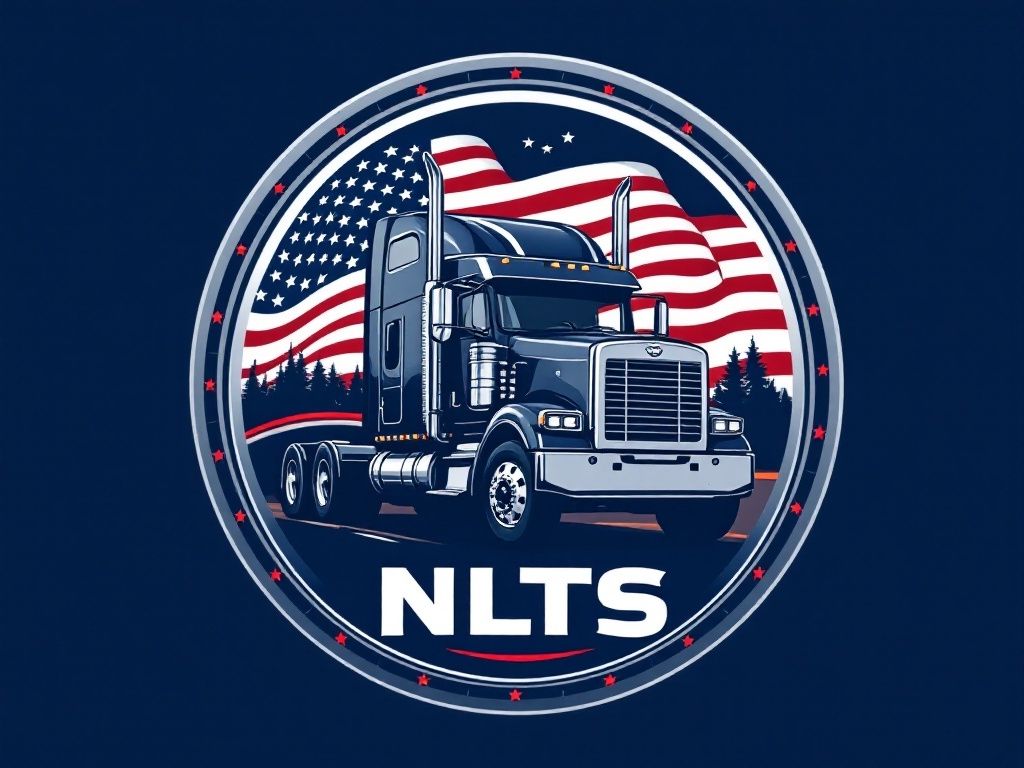The Impact of Regional Regulations on Trucking Insurance in the Southeast
Understanding Regional Regulations
The trucking industry is heavily influenced by regional regulations, especially in the Southeast United States. These regulations can vary significantly from state to state, impacting everything from operational procedures to insurance requirements. For trucking companies operating in this region, understanding these regulations is crucial to maintaining compliance and avoiding costly penalties.
Regional regulations are designed to ensure safety and environmental standards are met, but they can also pose challenges for trucking businesses. In the Southeast, states like Florida, Georgia, and Alabama each have unique rules that affect how trucking insurance is structured and what it must cover. As a result, companies must stay informed about the specific requirements in each state where they operate.

Insurance Requirements in the Southeast
Trucking insurance is a critical component for any logistics business. In the Southeast, insurance requirements are shaped by both federal and state mandates. While federal regulations establish baseline requirements for liability coverage, individual states may impose additional coverage needs. This means that trucking companies must adjust their policies to meet these varied demands.
For example, some states may require higher liability limits or specific types of coverage like cargo insurance, which can protect against potential losses from damaged or lost goods during transit. Understanding these requirements is essential for trucking companies to avoid non-compliance fines and ensure they are adequately protected against potential risks.

The Economic Impact of Regulations
The economic implications of regional regulations on trucking insurance are significant. Compliance with diverse state regulations can increase operational costs for trucking companies. These costs can stem from the need to purchase additional insurance products or adjust existing policies to meet specific state criteria.
Moreover, the administrative burden of managing multiple insurance requirements across different states can be substantial. Trucking companies may need to hire additional staff or invest in software systems to keep track of these regulatory changes and ensure compliance. This financial and administrative strain could potentially impact the competitiveness of smaller trucking firms in the Southeast.

Strategies for Managing Compliance
To effectively manage the impact of regional regulations on trucking insurance, companies can adopt several strategies. First, staying up-to-date with regulatory changes is crucial. This can be achieved through regular consultations with legal experts or membership in industry associations that provide updates on regional regulations.
Another strategy is to work closely with an experienced insurance provider who understands the intricacies of state laws in the Southeast. Such providers can offer tailored insurance solutions that not only comply with regional regulations but also align with the company's specific operational needs.
The Role of Technology
Technology plays an increasingly important role in helping trucking companies navigate regulatory challenges. Many firms are adopting advanced fleet management systems that integrate compliance tracking features. These systems can automatically alert managers to regulatory changes and assist in adjusting insurance policies accordingly.
Additionally, technology can streamline communication between different departments within a company, ensuring that everyone is informed about compliance requirements and any necessary adjustments to insurance coverage. This level of integration can significantly reduce the risk of non-compliance and associated penalties.

Conclusion
The impact of regional regulations on trucking insurance in the Southeast cannot be overstated. These regulations dictate much of how trucking companies must operate and handle their insurance needs. By staying informed and leveraging technology and expert partnerships, companies can effectively manage these challenges and maintain compliance.
Ultimately, understanding and adapting to regional regulations is not only about avoiding penalties but also about ensuring the long-term success and sustainability of a trucking business in a competitive industry landscape.
